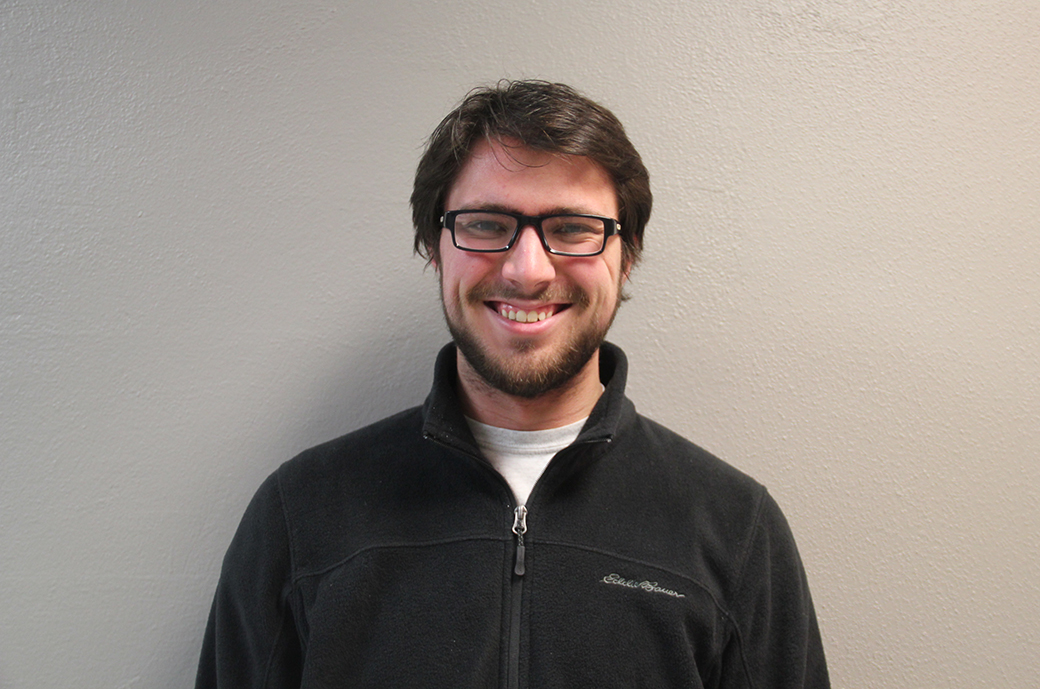
The importance of research and conferences
All students spend their time in class, with professors, pouring over textbooks. A comparatively small percentage of students, however, don’t go beyond the classroom. Very few go to conferences or participate in projects like research or creative scholarship. And those who don’t are missing out.
Regardless of field, every student should at least make one trip to a conference or seminar or some kind of event related to their field. It doesn’t even need to be related: it could just be a subject of interest, more of a hobby than a career path.
Last weekend I attended and presented at a philosophy conference in Minnesota. I wasn’t sure how it would go, but it turned out to be a great experience.
There’s a certain thrill to having your work listened to by people you’ve never met. It’s one thing to have professors you’ve known for years or peers who know you. It’s another to have total strangers think and question what you’ve done. A big part of it is scary. I know I felt like I had all eyes on me, unsure whether they thought I was a total loon or I had a good point. Q&A brings the nerves to a whole new level.
Attending others’ presentations makes the mind grind and think. At the very least it’s interesting to listen to fresh, new ideas, not just a re-hash of what’s in a textbook.
The experience beyond the conference should not be overlooked. Traveling with peers, friends and professors for long hours might seem boring, but they often lead to interesting and thought-provoking conversations or events. We stopped at a rather curious café on the way to Minnesota and made some good memories trying to find our way around Rochester.
For those thinking, “I’d love to, but I neither have anything to present nor any money to travel,” have no fear. There are solutions to both those problems.
USD has what’s called the Council for Undergraduate Research and Creative Scholarship (CURCS). One great thing this council does is provide what’s called “mini-grants.”
These grants can do two things. First, they can help purchase materials for the research or scholarship. So if a chemist needs a set of vials or an artist needs a canvas, these grants can help fund those needs.
Secondly, the grants can cover travel expenses for presentations. So the chemist can take their results or the artist can take their artwork to places across the country and share their work. There are some requirements for the mini-grants, like having a USD faculty support it and an application process, but nothing out of the ordinary.
One thing CURCS does require is that if the results of the project are not presented elsewhere, then they must be presented at USD’s IdeaFest.
IdeaFest takes place every spring. Undergrad and graduate students from across the academic world present their work either in poster or oral presentations. A student does not need to have had CURCS funding in order to participate. So a student who has worked on their own can still share their projects.
Whether by traveling to conferences or participating in activities here on campus, doing work in a field one is passionate about is a great experience. It expands the mind and engages the student in ways no classroom can. It brings about passion and a feeling of accomplishment. It certainly is an experience everyone should have.
